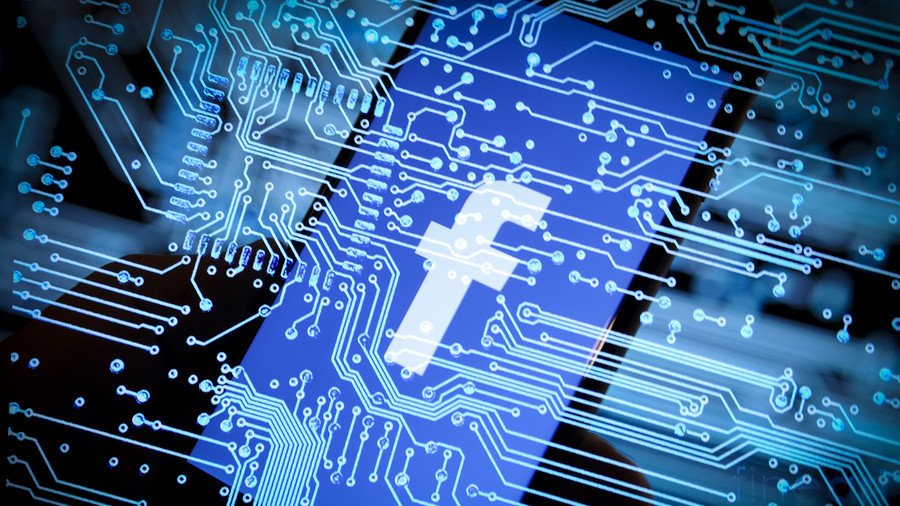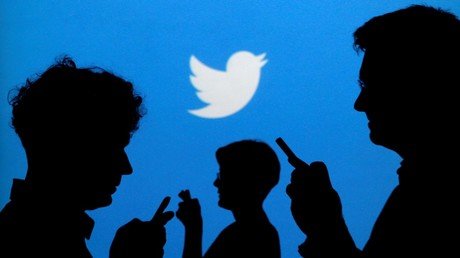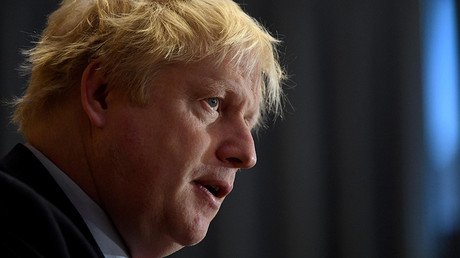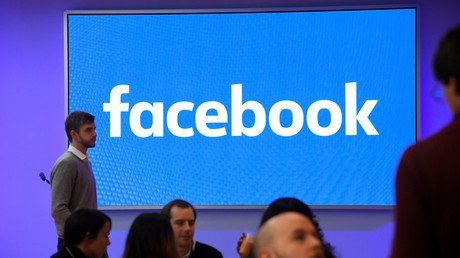‘Fake news’ could spell ‘beginning of the end’ for social media giants - media expert

Fake news may spell the “beginning of the end” for social media giants, a media expert has claimed. Facebook and Twitter risk tough sanctions in the UK for failing to produce evidence of disinformation.
Unless there is a clampdown on the companies’ indiscriminate power over users’ data, “it may be that this is the beginning of the end for these firms,” said Damian Tambini, director of the London School of Economics’ media policy project.
Tambini claimed that because of their “monopoly position,” online firms such as Facebook, Twitter and Google effectively assume a role between an “editor and a censor” when manipulating algorithms to filter fake news.
Amid greater scrutiny of the companies’ activities, the days when social media giants were able to influence public opinion may be coming to an end, Tambini claimed.
“For these super-giant companies, it’s got very serious. They have to face up to the fact
they’re coming up against existential problems in liberal democracies.
“They should clarify the principles behind how their algorithms rank news, because when they tweak them they effectively become something between an editor and a censor — particularly given their monopoly position,” he added, according to the Times.
Tambini said governments should act to make the social media giants as liable as publishers.
“They have enjoyed this ability to use our data, our content, our innovation, to create huge businesses and we have given them a shield from a lot of the risks. Essentially, we made them. Is this the year we begin unmaking them?”
It comes as Facebook and Twitter risk sanction for failing to produce any evidence as part of a parliamentary investigation into fake news and alleged Russian interference in elections in the EU and US.
Damian Collins, the Conservative chairman of the Commons culture select committee, said Twitter’s response to the inquiry has been “completely inadequate” when the firm revealed there is no evidence of Russian interference in the Brexit referendum.
Twitter found only RT’s London bureau had tweeted about Brexit. Of those six tweets, half were actually sent after the ballots were cast, and all of them were promos for news coverage, as RT has a UK bureau and Brexit was the biggest story of the day.
Facebook meanwhile revealed Russia-based agencies paid just 73p ($0.91) for ad content during the Brexit referendum period. Instead of accepting the findings, MPs accused Facebook of blundering the probe.
Collins called for scrutinizing procedures which enable authorities to verify whether companies like Facebook are efficiently identifying sources of information.
The companies could face sanctions if they fail to hand over information before January 18 about alleged Russian interference, Collins said.
Facebook, Google and Twitter claim they take the problem of fake news seriously and have invested in initiatives to tackle it. They added artificial intelligence and moderators are taking care of moderating dangerous content.
















